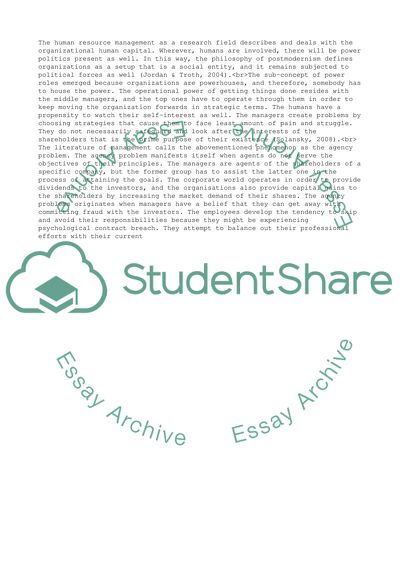Cite this document
(“MANAGING Essay Example | Topics and Well Written Essays - 2750 words”, n.d.)
MANAGING Essay Example | Topics and Well Written Essays - 2750 words. Retrieved from https://studentshare.org/business/1664455-managing
MANAGING Essay Example | Topics and Well Written Essays - 2750 words. Retrieved from https://studentshare.org/business/1664455-managing
(MANAGING Essay Example | Topics and Well Written Essays - 2750 Words)
MANAGING Essay Example | Topics and Well Written Essays - 2750 Words. https://studentshare.org/business/1664455-managing.
MANAGING Essay Example | Topics and Well Written Essays - 2750 Words. https://studentshare.org/business/1664455-managing.
“MANAGING Essay Example | Topics and Well Written Essays - 2750 Words”, n.d. https://studentshare.org/business/1664455-managing.


